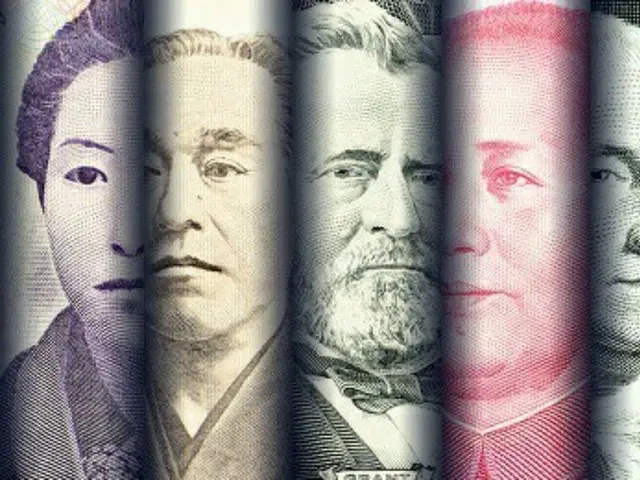The number of such cases is expected to increase in the future, and there are calls for measures to be taken to prevent fraud and investment stagnation.
According to a survey conducted jointly with the center, the total number of dementia patients aged 65 or older was 1,240,398, and their assets amounted to 153,541.6 billion won (approximately 15.85 trillion yen).
This is equivalent to an average of about 200 million won (about 20.65 million yen) per year. The figure was calculated using income data from the National Tax Service and the five major public pension institutions, claims data from the Korea Health Insurance Corporation, and property data from local governments.
If these assets are divided into income and assets, the total assets are 147.1637 trillion won (approximately 15.191 trillion yen), the total income (6.3779 trillion won, approximately 65.85 trillion yen), and the total assets (1.28 trillion won, approximately 1.26 trillion yen).
Looking at the details, real estate assets were the largest at 113.7969 trillion won (about 11.747 trillion yen), followed by financial assets (33.3561 trillion won, about 3.443 trillion yen).
The breakdown of income is as follows: earned income of 1.4758 trillion won (approximately 152.3 billion yen), business income of 1.4348 trillion won (approximately 148.1 billion yen), and financial income of 850.8 billion won (approximately 1.478 trillion won).
The problem is that this "dementia money" is expected to increase even more in the future.
The Child Aging Society Committee predicts that the number of dementia patients will increase sharply due to aging, to 1.787 million in 2030, 2.851 million in 2040, and 3.967 million in 2050.
This is expected to lead to an increase in the assets of dementia patients, which is projected to reach 488 trillion won (US$470 billion) by 2050, more than three times the current amount.
The Committee on Aging Society, which is concerned that elderly dementia patients may become involved in crimes such as fraud and that freezing their assets may lead to a slump in consumption, has proposed measures to deal with this issue.
"Elderly dementia patients are unable to properly manage their assets and are at risk of becoming involved in fraud, and dementia is a social issue," said Joo Hyun-hwan, vice chairman of the Committee on Aging Society.
"There is a risk that freezing patients' assets could destroy the virtuous cycle of the economy that leads to investment and consumption," he said, adding, "We will proceed with commissioning related research and include a "dementia money" in the 5th Basic Plan for a Low Birthrate and Aging Society, which is scheduled to be announced at the end of the year."
The plan will include "management support measures."
2025/05/06 21:28 KST
Copyrights(C) Edaily wowkorea.jp 78

